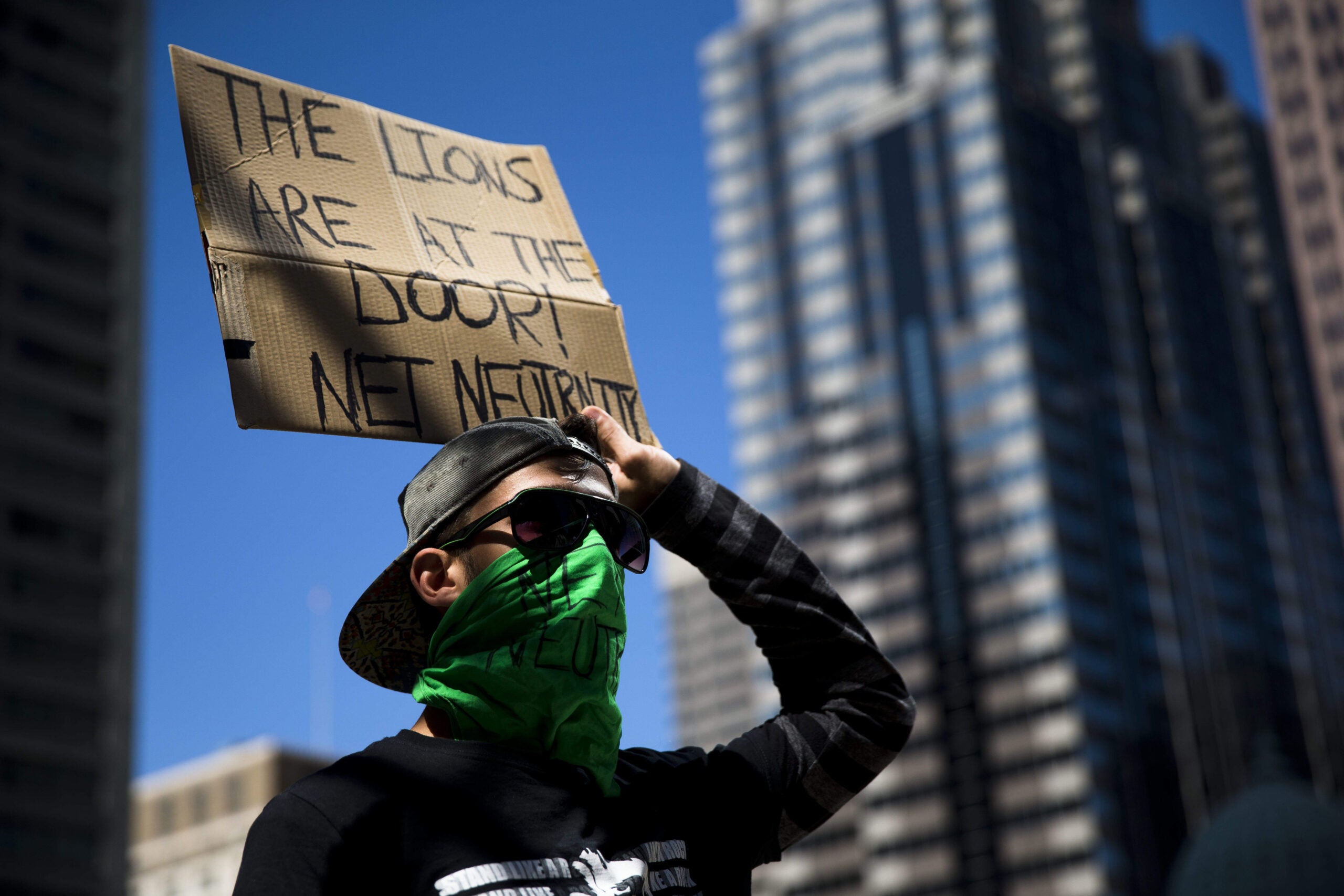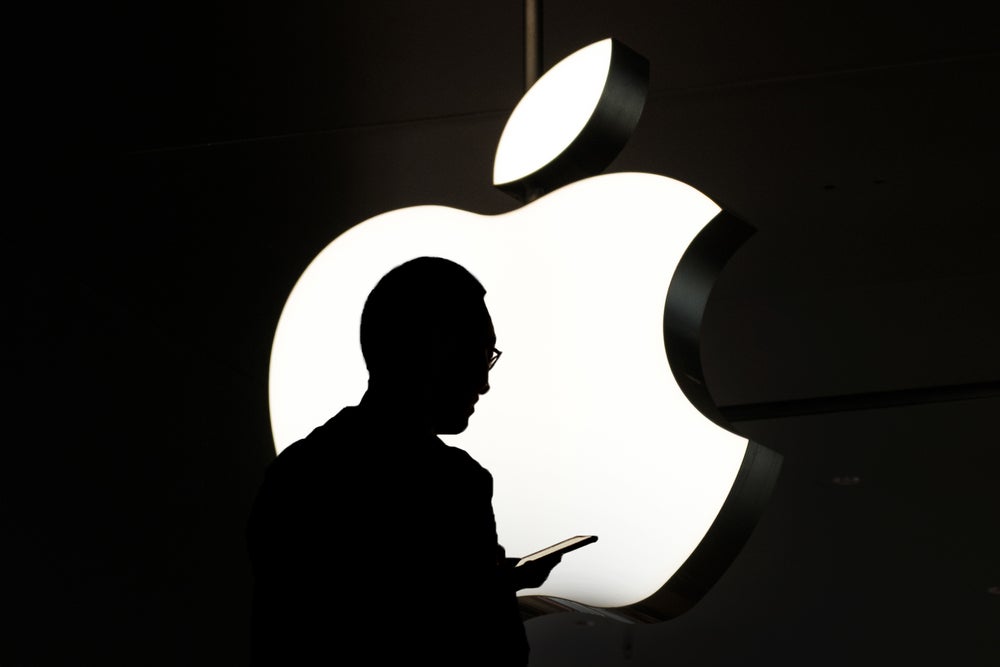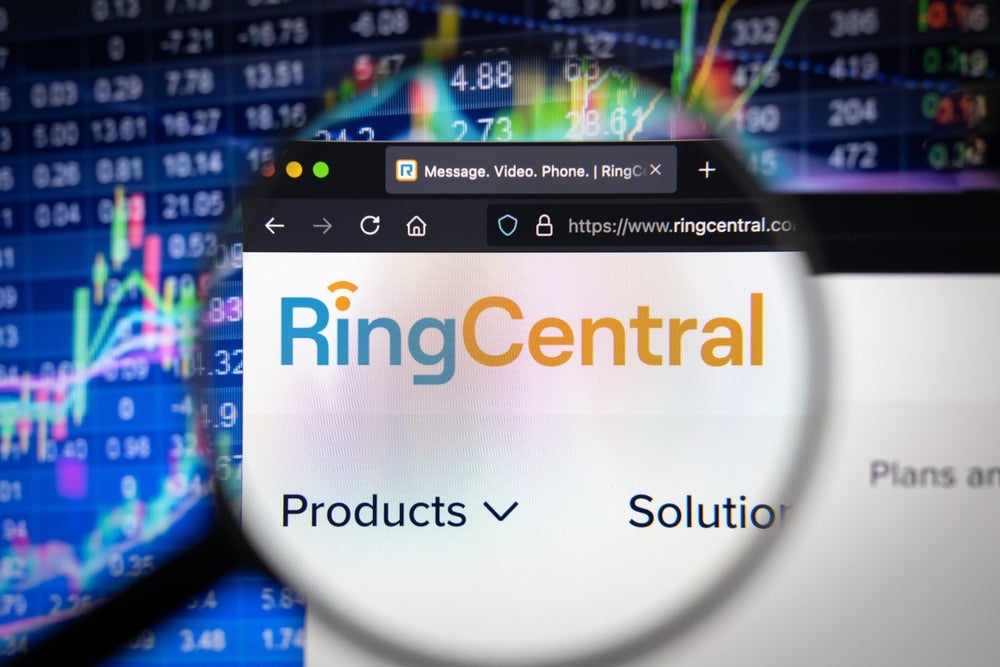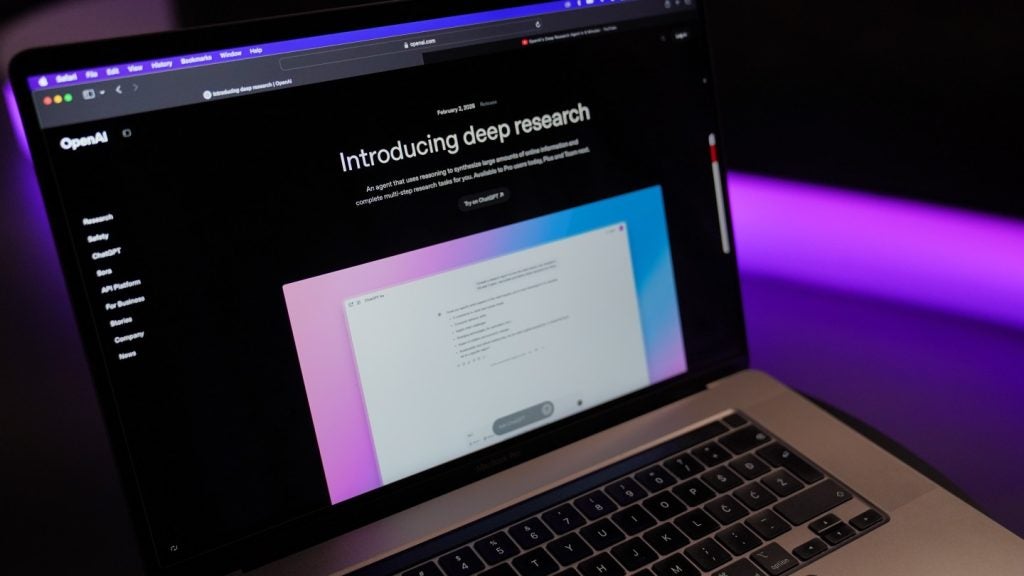In a demonstration against the Federal Communication Commission’s (FCC) efforts to scrap net neutrality laws, Amazon, Netflix, Pornhub, Reddit and many other large websites are banding together to promote a day of action on 12 July 2017.
You might feel like we’ve been here before. And you’d be right, we have. Back in 2014 many of the same websites took part in a so-called internet slowdown protest in favour of net neutrality.
Now internet giants are again coming together to show support for and create awareness of net neutrality. Here’s what you need to know.
What is net neutrality?
Net neutrality is the principle that free speech and multiple opinions should be protected on the internet.
Under current laws internet providers may not block sites and apps that contain legal content, may not limit the speed of certain sites and apps, and may not go into arrangements to ensure certain sites have paid prioritisation for their content.
For instance, Netflix, Facebook, or Amazon could enter into agreements with internet service providers (ISPs) to have their content prioritised and undercut competition at a systemic level either by limiting access to competitors, or ensuring greater speeds for their own websites.
These measures apply to ISPs, and are widely supported by companies such as Google and Netflix, as they claim that without them ISPs would gain significant influence over free market activities on the internet.
These companies fear that once a site has become established and paid for its prioritisation, it will dominate competition and monopolise content provision.
So what’s the issue?
Some ISPs and cable companies feel that as they provide the service, they should be able to run it how they want and dislike government intervention in their business models.
They view current net neutrality laws — specifically title II of the Communications Act — as unnecessary red tape, and believe it limits innovation in the sector.
They’re also concerned about grey areas around legally available tools that facilitate internet piracy, the selling of partially legal recreational or illegal drugs, and access to the same content overseas where it’s cheaper, nullifying some of the worth of local distribution contracts.
By rolling back or scrapping current laws, some ISPs believe that they would be better able self-regulate and improve consumers experiences online.
Some proponents of paid prioritisation say media giants like Netflix and Amazon Video have a disproportionate burden on broadband networks and should pay extra.
The UK and US governments also oppose net neutrality on the basis of fighting extremism and terrorism, claiming that the state should be able to filter information to prevent radicalisation.
Another claimed benefit is the ability to better combat online child abuse.
However, there are fears from the public, websites, and tech companies that this will represent unwarranted state and corporate intrusion into consumption habits online – including monitoring or inadvertently releasing data on legal activities that are legal, but nevertheless stigmatised, such as pornography or supporting an unpopular political party or position.
In many countries in the world, particularly religious states or dictatorships, the release of such information could lead to public shaming or even violence.
Net neutrality activists claim the internet has thrived precisely due to net neutrality; they claim that it promotes free expression and creativity, rather than making it another potentially censored outlet for content approved by service provider companies and the government.
Critics meanwhile argue that ISP-packaged curated experiences and editorialised content are useful and desirable for consumers as they help to provide a mechanism to sort through internet media in an intuitive way.
Others say that this would inevitably be given to reducing consumer choice in the long run, it could potentially consolidate the present media hierarchy, and would edge-out access to alternatives.
So what’s happening?
Websites, users and online communities will protest the issue en masse on 12 July.
This will include a slowdown of services, information on what is being proposed, and links to the tools to defend net neutrality.
The participants include some of the largest forces of e-commerce and online content provision: Amazon, Netflix, Reddit, Etsy, Kickstarter, GitHub, Pornhub, Bittorrent, Imgur, the Open Source Initiative, Patreon and many others.
To frame the size of the opposition: in 2016, participating e-commerce site Amazon reported $136bn in revenue, 27 percent up from $107bn in 2015.
With this calibre of support for net neutrality the proposals to scrap title II faces significant opposition.







